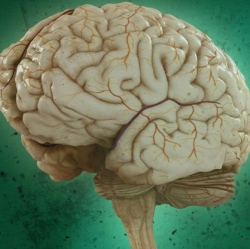
An international team of researchers lead by the University of Granada (UGR) has scientifically proven, for the first time, that depression is more than a mental disorder: it causes important alterations of the oxidative stress, so it should be considered a systemic disease, since it affects the whole organism.
The results of this work, published in the Journal of Clinical Psychiatry, could explain the significant association that depression has with cardiovascular diseases and cancer, and why people suffering from depression die younger. At the same time, this research may help finding new therapeutic targets for the prevention and treatment of depression.
This research is a meta analysis of 29 previous studies which comprise 3961 people, and it is the first detailed work of its kind about what happens in the organism of people suffering from depression. It studies the imbalance between the individual increase of various oxidative stress parameters (especially malondialdehyde, a biomarker to measure the oxidative deterioration of the cell membrane) and the decrease in antioxidant substances (such as uric acid, zinc, and the superoxide dismutase enzyme).
The researchers have managed to prove that, after receiving the usual treatment against depression, the patients’ malondialdehyde levels are significantly reduced, to the point that they are indistinguishable from healthy individuals. At the same time, zinc and uric acid levels increase until reaching normal levels (something that does not occur in the case of the superoxide dismutase enzyme).
